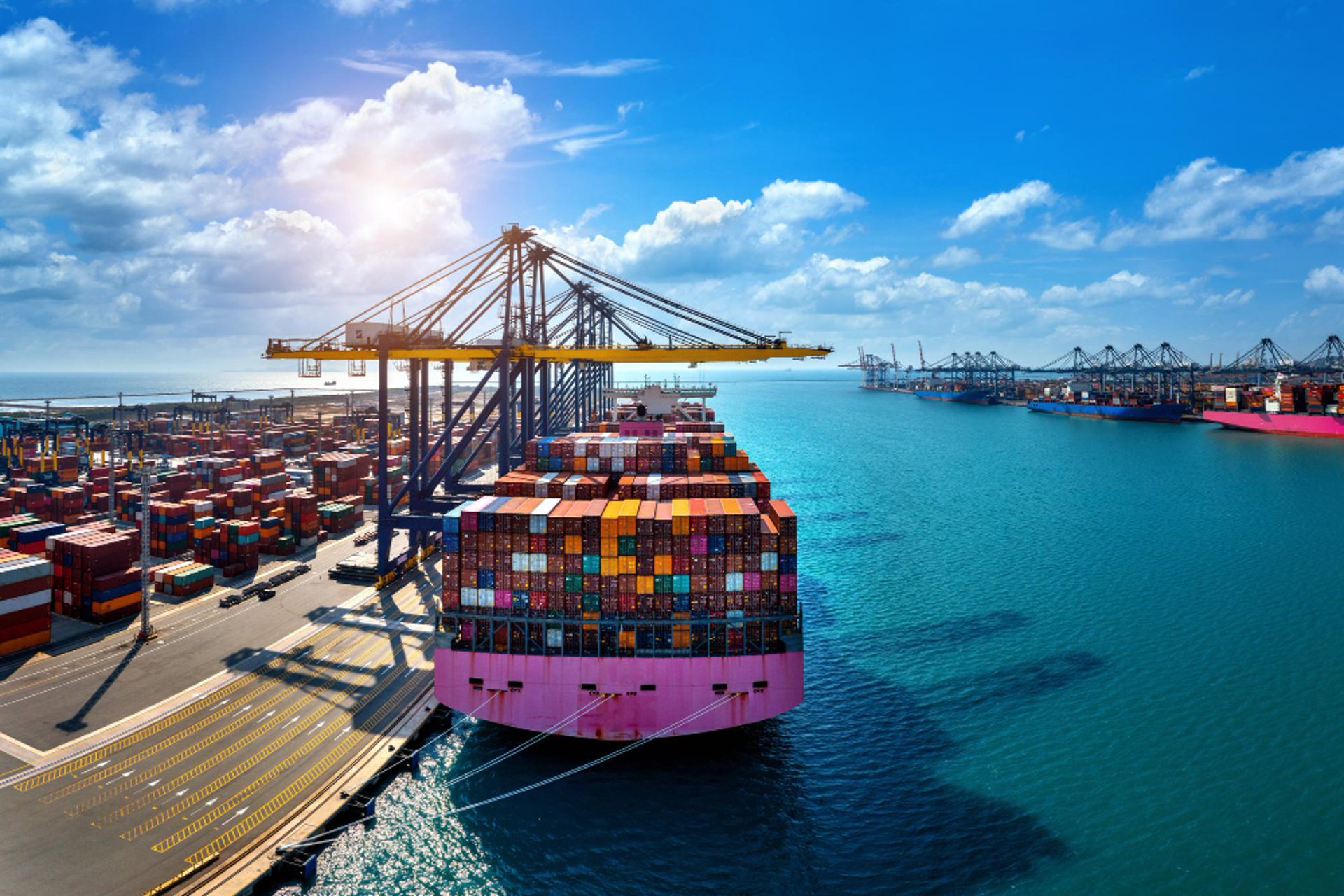
Resources and Diplomacy:
Commodity supply imperatives in a decoupling world economy
With the outbreak of major conventional warfare on the European continent three years ago, for the first time in over 80 years a new economic and political reality engulfed Europe, transforming opinion and security conditions among populations and policy makers regionally as well as internationally.
The West responded with sanctions of varying effectiveness, while steadily increasing armament supplies to the defenders. NATO reinforced its borders with Russia, although mineral energy supplies from the protagonist proved tougher to do without, especially for the countries which had nurtured long-term arrangements during the preceding decades of relative peace.
With the advent of the Trump Administration, peace became a top priority for the US and frenetic shuttling between capitals and pronouncements from President Trump that the killing has to stop, and soon after that a ‘deal’ was close to being struck, but thus far failed to change anything on the ground.
Nevertheless, the sanctions on Russia, in combination with the collateral disruption to its supplies of energy and curtailment of grain exports from both Ukraine and Russia, caused intense commodity market turbulence for several months, initially characterized by shortages and sharp price movements on major world exchanges.
The Critical Minerals Security Pact struck between US President Trump and Ukraine's President Zelenskiy, if implemented, signals a new paradigm for global commodities trading. The soft border that still exists, no matter how frayed, between geopolitics and finance suddenly gives way to a merger of the two, as the race for essential and strategic commodities takes on an overtly military security component.
Beyond Ukraine, with US-China trade relations taking a turn for the worse, access to critical minerals whose supply is dominated by Beijing and its state enterprises are also quickly moving to centre stage. The EV industry and battery technology depend on several key elements including lithium, cobalt, graphite and phosphorous as well as copper, nickel and manganese.
Many of these are hard to source with a selection of African countries dominating supply. The first Trump administration largely ignored Africa giving Chinese mining enterprises carte blanche to strike deals in the DRC, Zambia, West Africa and Mozambique, among others. Now the challenge for the US and the West is to regain lost ground. Like Morton Stanley emerging from a long trek in the tropics, Donald Trump realizes that he can and must do minerals business in Africa, I presume.
